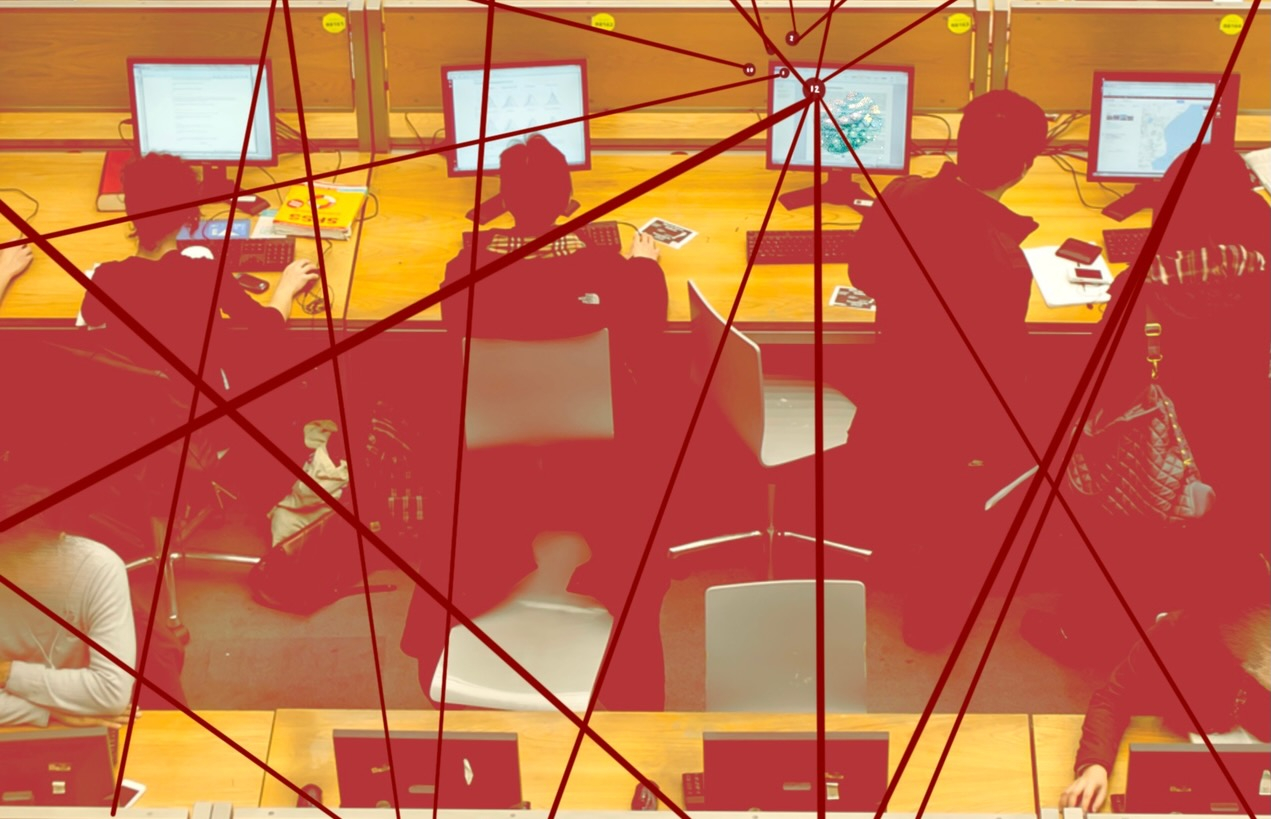
Innovation | K-12 | Technology
How is ChatGPT impacting schools, really? Stanford researchers aim to find out
Education is one of the fastest-growing use cases of AI products. Students log on for writing assistance, brainstorming, image creation, and more. Teachers tap into tools like attendance trackers, get curriculum support to design learning materials, and much more.
Yet despite the rapid growth – and potential – a substantial gap remains in knowledge about the efficacy of these tools to support learning.
A new research project from the Generative AI for Education Hub at SCALE, an initiative of the Stanford Accelerator for Learning, aims to help fill that gap by studying how ChatGPT is used in education. The research will explore areas such as how specific features like ChatGPT’s new “study mode” affect student learning. In schools specifically, the research will examine how both K-12 teachers and students use ChatGPT.
The research will map the landscape of adoption and analyze patterns of use. Most importantly it will dig into whether use of the large language model impacts the metrics that matter in learning, including proficiency skills, knowledge retention, and engagement.
“We urgently need this kind of research,” said Susanna Loeb, professor at Stanford Graduate School of Education (GSE) and the faculty director of SCALE, which conducts research that supports better decision-making in education. “AI tools are flooding K–12 classrooms — some offer real promise, others raise serious concerns — but few have been evaluated in any meaningful way. Education leaders are being asked to make consequential decisions in a data vacuum.”
SCALE and OpenAI—the creator of ChatGPT, the most widely used generative AI platform—are collaborating to launch this new research. OpenAI will share data from real K–12 classrooms with Stanford education researchers to support the study of how their product is used and how it affects a range of student outcomes. Both organizations follow government and academic guidelines on data privacy and security.
Research will take place in K-12 schools nationally and globally, and study:
- How are students and teachers using AI tools like ChatGPT?
- What drives usage up or down?
- Do certain types of AI use improve academic learning?
- How can tools like ChatGPT support deeper learning outcomes such as self-regulation and metacognition?
“AI holds enormous potential for education, but without research to understand what truly works, we risk locking in the flaws of our current system—or worse, creating new problems we never intended,” Loeb said.
The new project builds on the broader research ecosystem at the Stanford Accelerator for Learning that studies tools and systems, and designs new evidence-based supports for educators and students, including:
- The GenAI Hub’s Research Study Repository, a comprehensive collection of academic research on generative AI in preK-12 education;
- The National Student Support Accelerator, also part of SCALE, that provides education leaders with guidance on high-impact tutoring;
- CRAFT, a project by Stanford education Professor Victor Lee that creates materials to support AI literacy; and
- AI + Learning Differences: Designing a Future with No Boundaries, a new white paper from scholars at the Learning Differences Initiative at the Accelerator that recommends how tech, education, and policy leaders can adopt inclusive-development and design principles when rolling out AI tools.
District leaders, policymakers, product builders, or parents trying to make sense of AI in schools can subscribe to the GenAI Hub newsletter, AI Compass in Schools, to get early insights from this collaboration.
For more on the GenAI Hub, visit scale.stanford.edu/genai
Faculty mentioned in this article: Susanna Loeb



